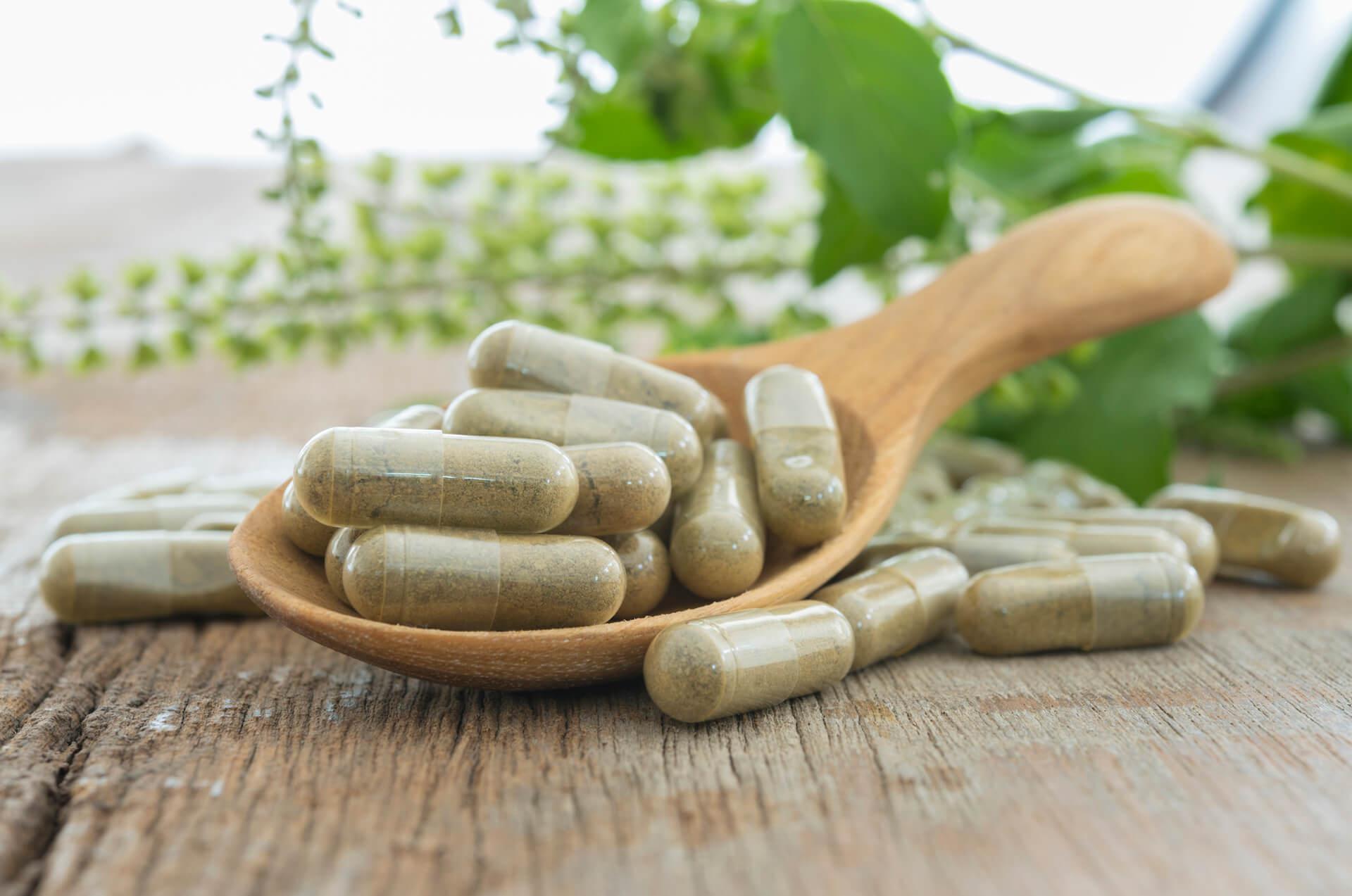Supplements that Pro Athletes Take

Performance Enhancing Drugs like Dextromethorphan, Doxylamine Succinate, Pseudoephedrine, Oxilofrine, Chlorpheniramine, and Diphenhydramine HCL: all of these chemicals are typical ingredients in over the counter cold medicine—except one. Did you spot it?
Performance Enhancing Supplements Pack Speed
This summer, American sprinter and former world champion; Tyson Gay, and two Jamaican sprinters; former world record holder, Asafa Powell, and gold medal winner Sherone Simpson, all revealed an "adverse analytical finding," this is the 2013 way to say "positive drug test." Each of these athletes tested positive for the banned stimulant Oxilofrine, which in the ideal situation can increase the ratio of free-fatty acids (FFAs) burned by the body for energy. Typically, the goal is to cut fat, but it could also be to increase metabolic efficiency, both of which could assist an athlete, although we are talking about small numbers here.
Following the revelation of these tests came the familiar refrain, "I've never taken any performance enhancing substances, I've never heard of Oxilofrine, and I am shocked…" The same basic speech we've heard again and again; most of us have become accustomed to assuming it is all a lie.
We assume they athlete is lying because at least one part of this "I didn't do it" speech is not entirely forthcoming. That is, virtually every athlete, as early as high school, has taken something to enhance his/her performance. Whether you think the substances that they are taking are acceptable are not, forgive me for saying, is largely arbitrary. Ibuprofen, caffeine, creatine, and refined proteins are performance enhancing substances that athletes take on a regular basis. The World Anti-Doping Agency (WADA) does not prohibit caffeine now, but they have moved it to their "Monitoring Program", a sort of substance probation, for now.
Performance Enhancing Supplements - Testing of Athletes
To most observers, WADA has the most sensible anti-doping program. This is hardly an endorsement; it is just a 'best of the worst' situation. Major League Baseball (MLB) continues to struggle with their performance-enhancing drug (PED) policy and how to handle enforcing it. The National Football League (NFL) had a pervasive steroid problem in the 1970s, but it went largely unnoticed. Since then, the NFL has made efforts to limit steroids in football, but the scope of what is banned is narrow, and the testing itself even allows players to use the banned substances if they time it carefully. Evidence that players are indeed timing steroid cycles, comes from the positive tests for HCG, and drugs like Clomid, that are used specifically for 'post-cycle' support. There is no other reason for these to be present in the blood. Most glaringly, their much ballyhooed agreement to test for HGH before the 2012 season began has never been implemented! It doesn't take a genius to notice that NFL players are huge. What is so difficult about implementing a weekly test for Human Growth Hormone?
Is it possible that athletes are being truthful about their lack of knowledge regarding taking a specific substance like Oxilofrine? How could an athlete accidentally ingest an illegal substance that coincidentally assists in their performance? Of course! Blame the doctor! Blame the trainer! This is certainly possible - a trainer who just wants his client to succeed so bad that he secretly injects him with PED's but doesn't tell him - but of course this is not believable. And then, there is the convoluted and inconsistent legal system.
The Supplement Industy's Dirty Secret
The Dietary Supplement Health and Education Act of 1994 put the entire supplement industry in a category that is treated very differently than food or drugs. Manufacturers must demonstrate that a food or drug is safe and factually represented before it is put on shelves, or face legal actions. A supplement manufacturer faces no such burden; in their case, the FDA must prove that something in the supplement is dangerous or not factually represented. This has created a "wild west" mentality in the supplement industry; the worst thing that can happen to a manufacturer is they have to quit making a particular product, or change the label.
Supplement makers know that people will buy what works, so it is quite common for them to put what 'works' into a bottle without putting it on the label. Often times, these unlisted ingredients are slightly modified versions of something illegal, or chemicals that are technically legal but not legal to market for human consumption. This is how a drug like Oxilofrine shows up in a weight loss product, or a pre-workout energy booster.
"These are not fringe players; these are mainstream dietary supplement companies and products that are in your mainstream health and nutrition stores. It's not that there are a few bad actors, there are a lot of bad actors."
The above quote is from Amy Eichner, a member of the U.S. Anti-Doping Agency. The USADA knows that the supplement industry is a mess, but they have little legal recourse. The responsibility falls on the athlete—and on you if you've ever taken a supplement or plan to in the future.
Many argue that less regulation is a good thing, and perhaps it would be, if not for the strict regulations on most food and drugs that have left Americans assuming that all manufacturers have represented everything at the grocery store honestly. If nothing were regulated, we may not be so apt to believe the dishonest labels of the supplement industry.
Nonetheless, the era of blaming others for accidental ingestion of PED's must end. Put the word out: everyone is responsible for what's in their own body. Period.





